Filter by
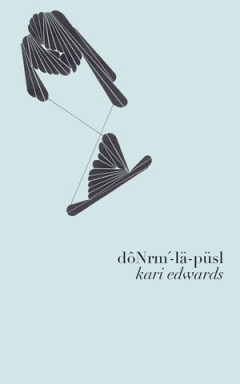
dôNrm'-lä-püsl
There have been many iterations of the Joan of Arc story: “testimonies,” books, and films have attempted to capture the drama of one of history’s most famous gender warriors.
- Edition
- -
- ISBN/ISSN
- 9780692374511
- Collation
- -
- Series Title
- -
- Call Number
- 821
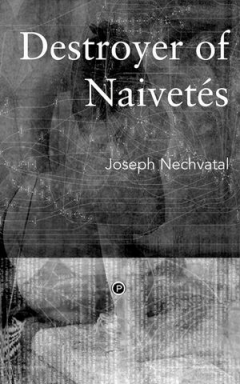
Destroyer of Naivetés
Victor J. Vitanza (author of Sexual Violence in Western Thought and Writing) continues to rethink the problem of sexual violence in cinema and how rape is often represented in “chaste” ways, in the form of a Chaste Cinematics.
- Edition
- -
- ISBN/ISSN
- 9780692573129
- Collation
- -
- Series Title
- -
- Call Number
- 821
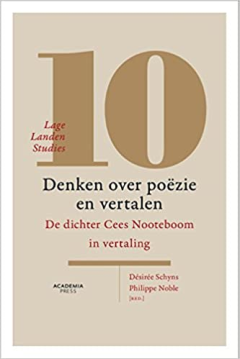
Denken over poëzie en vertalen
This volume of Lage Landen Studies has a twofold purpose: on the one hand we want to pay attention to the scholarly work on the Dutch author Cees Nooteboom, in particular to his poetry in translation which has hardly received any academic attention yet, and on the other hand we would like to contribute to trends in Translation Studies which focus on agency, subjectivity, intention, translators …
- Edition
- Vol. 9
- ISBN/ISSN
- 9789401452458
- Collation
- -
- Series Title
- -
- Call Number
- 821
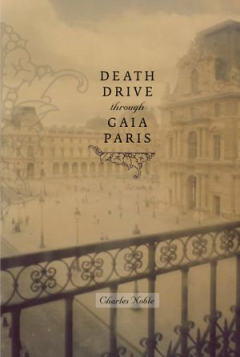
Death Drive Through Gaia Paris
In this collection of poetry, Charles Noble further reins in an already tight form – haiku – only to let loose a “logopoeic” poetry
- Edition
- -
- ISBN/ISSN
- 9781552386644
- Collation
- -
- Series Title
- -
- Call Number
- 821
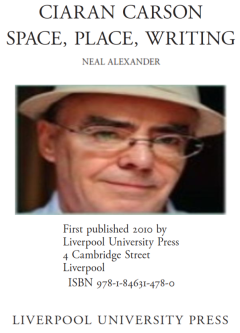
Ciaran Carson
Ciaran Carson is one of the most challenging and inventive of contemporary Irish writers, exhibiting verbal brilliance, formal complexity, and intellectual daring across a remarkably varied body of work.
- Edition
- Vol. 58
- ISBN/ISSN
- 9781846314780
- Collation
- -
- Series Title
- -
- Call Number
- 821
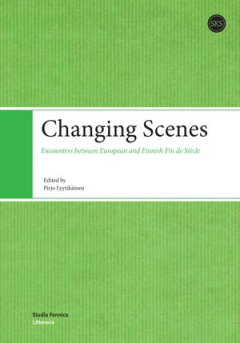
Changing Scenes Encounters Between European and Finnish Fin De Siècle
Six articles in Changing scenes represent the ongoing reassessment of fin de siècle literature in Finnish research.
- Edition
- vol. 10
- ISBN/ISSN
- 9789517464390
- Collation
- -
- Series Title
- -
- Call Number
- 821
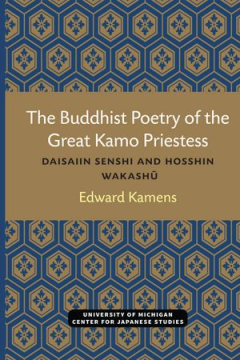
The Buddhist Poetry of the Great Kamo Priestess Daisaiin Senshi and Hosshi…
Senshi was born in 964 and died in 1035, in the Heian period of Japanese history (794–1185). Most of the poems discussed here are what may loosely be called Buddhist poems, since they deal with Buddhist scriptures, practices, and ideas.
- Edition
- -
- ISBN/ISSN
- 9780472880027
- Collation
- -
- Series Title
- -
- Call Number
- 821
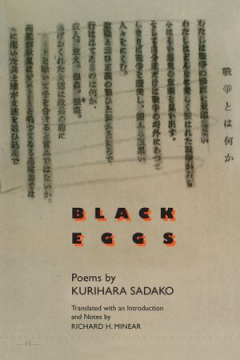
Black Eggs Poems
Kurihara Sadako was born in Hiroshima in 1913, and she was there on August 6, 1945. Already a poet before she experienced the atomic bombing of Hiroshima, she used her poetic talents to describe the blast and its aftermath. In 1946, despite the censorship of the American Occupation, she published Kuroi tamago (Black Eggs), poems from before, during, and immediately after the war. This volume in…
- Edition
- -
- ISBN/ISSN
- 9780472901586
- Collation
- -
- Series Title
- -
- Call Number
- 821
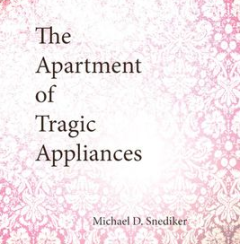
The Apartment of Tragic Appliances Poems
The Apartment of Tragic Appliances, named as a finalist for a 2013 Lambda Literary Award, is a literal place in which a hapless, portable dishwasher “heats residue only to reimagine cleanliness as an art project,” a recalcitrant microwave neglects to heat, and a refrigerator dies an inconvenient, bulky death. It is also that psychic space in which we consider our loneliness, our wandering h…
- Edition
- -
- ISBN/ISSN
- 9780615792484
- Collation
- -
- Series Title
- -
- Call Number
- 821
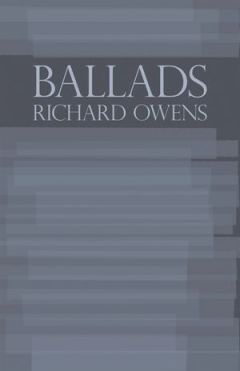
 Computer Science, Information & General Works
Computer Science, Information & General Works  Philosophy & Psychology
Philosophy & Psychology  Religion
Religion  Social Sciences
Social Sciences  Language
Language  Pure Science
Pure Science  Applied Sciences
Applied Sciences  Art & Recreation
Art & Recreation  Literature
Literature  History & Geography
History & Geography